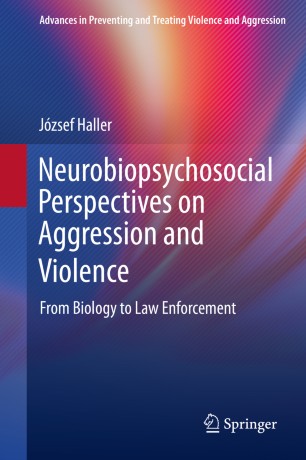

Most ebook files are in PDF format, so you can easily read them using various software such as Foxit Reader or directly on the Google Chrome browser.
Some ebook files are released by publishers in other formats such as .awz, .mobi, .epub, .fb2, etc. You may need to install specific software to read these formats on mobile/PC, such as Calibre.
Please read the tutorial at this link: https://ebookbell.com/faq
We offer FREE conversion to the popular formats you request; however, this may take some time. Therefore, right after payment, please email us, and we will try to provide the service as quickly as possible.
For some exceptional file formats or broken links (if any), please refrain from opening any disputes. Instead, email us first, and we will try to assist within a maximum of 6 hours.
EbookBell Team

0.0
0 reviewsThis book bridges the gap between basic science, which deals with general concepts of aggression and its neurobiological foundations, and law enforcement as one of the applied fields of aggression research. It addresses the current state of research and practice and compares and integrates the concept of aggression with violent crime. Chapters examine the types of criminal careers that cross the boundary between the two and summarize the biological, psychological, and social factors that underlie particular types of criminal careers. Subsequent chapters discuss overlaps between biological and psychological factors and detail how and to what extent aggression may serve as explanatory mechanisms for violence. The book also discusses the relationship between social problems and neuropsychological deficits, addressing how the neuropsychological deficits lead to the intergenerational recycling of social problems. Finally, the volume explores violence and aggression from a neurobiological perspective.
Topics featured in this book include:
Neurobiopsychosocial Perspectives on Aggression and Violence is a must-have resource for researchers, clinicians and other professionals, and graduate students in forensic psychology, criminology/criminal justice, public health, developmental psychology, psychotherapy/counseling, psychiatry, social work, educational policy and politics, health psychology, nursing, and behavioral therapy/rehabilitation.